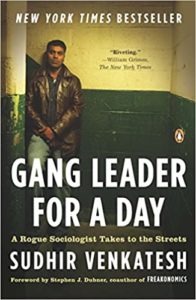Margin Trading
Margin trading refers to the process of trading where an individual increases his/her possible returns on investment by investing more than they can afford to. Here, investors can benefit from the facility of purchasing stocks at a marginal price of their actual value. Such trading transactions are funded by brokers who lend investors the cash to purchase stocks. The margin can later be settled when investors square off their position in the stock market.
In this respect, margin trading provides investors with access to higher capital for investment, thus helping them to leverage their position in the market, either through security or cash. Subsequently, this trading helps to boost results, so that investors can earn higher profits on successful trades.
However, this trading can be quite risky, and investors can earn a profit only when total profit earned is higher than the margin.
SEBI Regulations Regarding Margin Trading
Up until recently, margin trading in India was allowed only through cash, while providing shares as collateral was restricted. However, under fresh regulations put forth by SEBI in 2018, investors can leverage their market position through margin trading by providing shares as security.
Further, margin accounts can be offered only by authorised brokers, according to regulations put forth by SEBI. Continue reading “What are Margins in Stock Market, ఇది శాపమా లేదా వరమా?”




